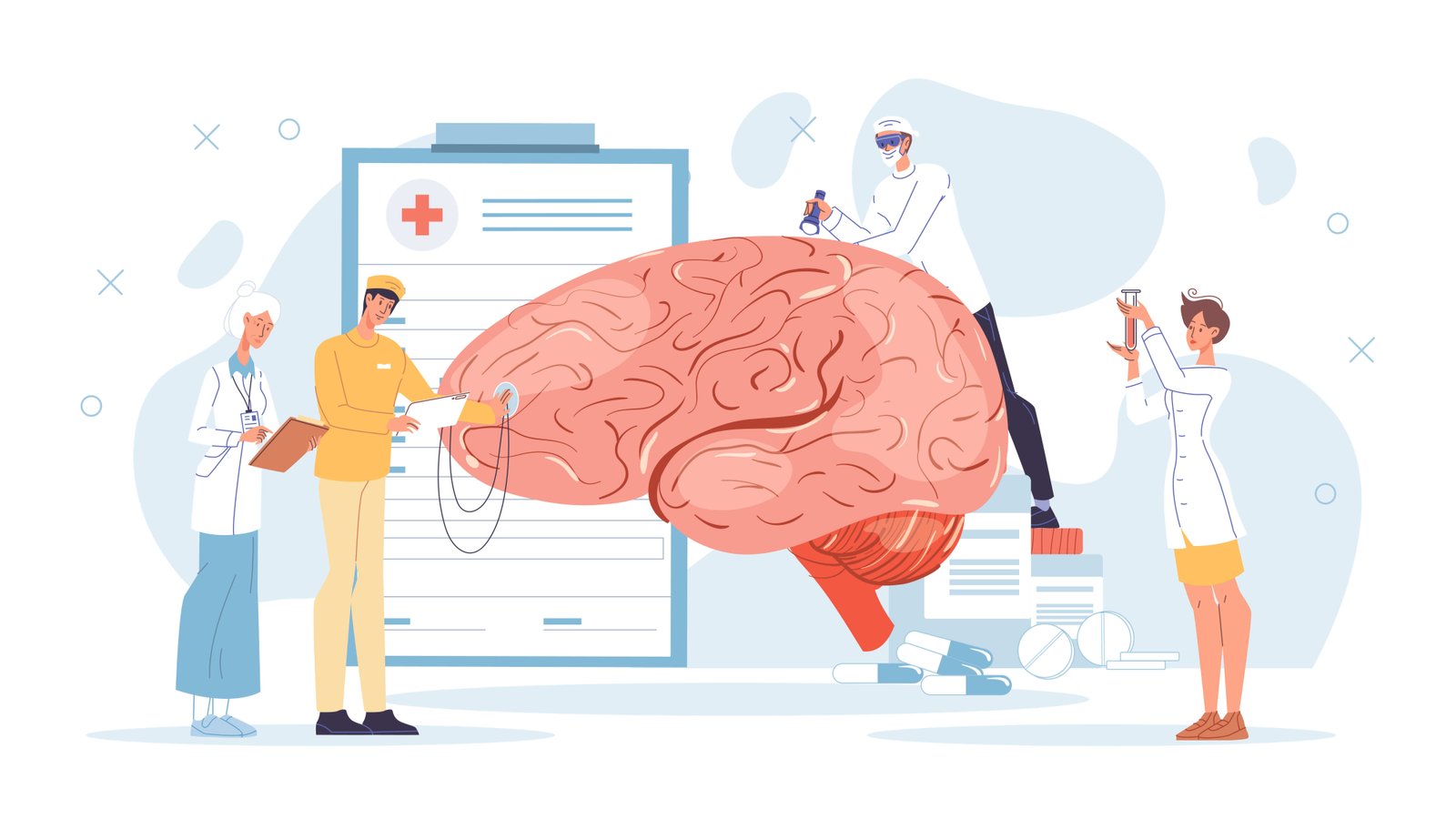
Mental health before and during the COVID-19 pandemic: a longitudinal probability sample survey of the UK population
The potential impact of the COVID-19 pandemic on population mental health is of increasing global concern. Mental health was assessed using the 12-item General Health Questionnaire (GHQ-12) Waves 6–9 of the UKHLS had 53 351 participants. Prevalence of clinically significant levels of mental distress rose from 18 9% to 27 3 by April 2020.

Neurological and neuropsychiatric complications of COVID-19 in 153 patients: a UK-wide surveillance study
Concerns regarding potential neurological complications of COVID-19 are being increasingly reported. This is the first nationwide, cross-specialty surveillance study of acute neurological and psychiatric complications of COVID-19. 77 (62%) of 125 patients presented with a cerebrovascular event. 57 (74%) had an ischaemic stroke. Altered mental status was the second most common presentation.

Cannabidiol for the treatment of cannabis use disorder: a phase 2a, double-blind, placebo-controlled, randomised, adaptive Bayesian trial
A substantial and unmet clinical need exists for pharmacological treatment of cannabis use disorders. Cannabidiol could offer a novel treatment, but it is unclear which doses might be efficacious or safe. In the first randomized clinical trial, cannabidiol 400 mg and 800 mg were safe and more efficacious than placebo at reducing cannabis use.

Effectiveness of digital psychological interventions for mental health problems in low-income and middle-income countries: a systematic review and meta-analysis
The effectiveness of digital psychological interventions in low-income and middle-income countries remains unclear. We searched databases for articles published in English from inception to March 2020. The primary outcome was post-intervention mental health problems, measured by self-reporting instruments or clinical interviews. Heterogeneity between studies was substantial and there was no evidence of publication bias.

Associations between statin use and suicidality, depression, anxiety, and seizures: a Swedish total-population cohort study
Statins have shown both protective and adverse associations with neuropsychiatric outcomes. Suicide outcomes were found in 6372 individuals, depressive disorders in 23 745 and anxiety disorders in 30 100. There were no clear associations between periods of statin treatment and suicidal behavior.

Brain-based mediation of non-conscious reduction of phobic avoidance in young women during functional MRI: a randomised controlled experiment
Exposure therapy is the treatment of choice for anxiety disorders but requires people to confront feared situations. VBE reduced fear non-consciously in participants with a spider phobia. Regions supporting fear extinction and emotional salience processing mediated this effect.

Environmental risk factors, protective factors, and peripheral biomarkers for ADHD: an umbrella review
Many potential environmental risk factors, environmental protective factors, and peripheral biomarkers for ADHD have been investigated. The consistency and magnitude of their effects are unclear. We aimed to systematically appraise the published evidence of an association between potential risk factors and ADHD. Smoking during pregnancy and atopic diseases were strongly associated with ADHD.

Amisulpride, aripiprazole, and olanzapine in patients with schizophrenia-spectrum disorders (BeSt InTro): a pragmatic, rater-blind, semi-randomised trial
Amisulpride was more efficacious than aripiprazole or olanzapine for reducing the PANSS total scores in adults with schizophrenia-spectrum disorders. 26 serious adverse events (SAEs) among 20 patients were registered, with no statistically significant differences between the study drugs.


